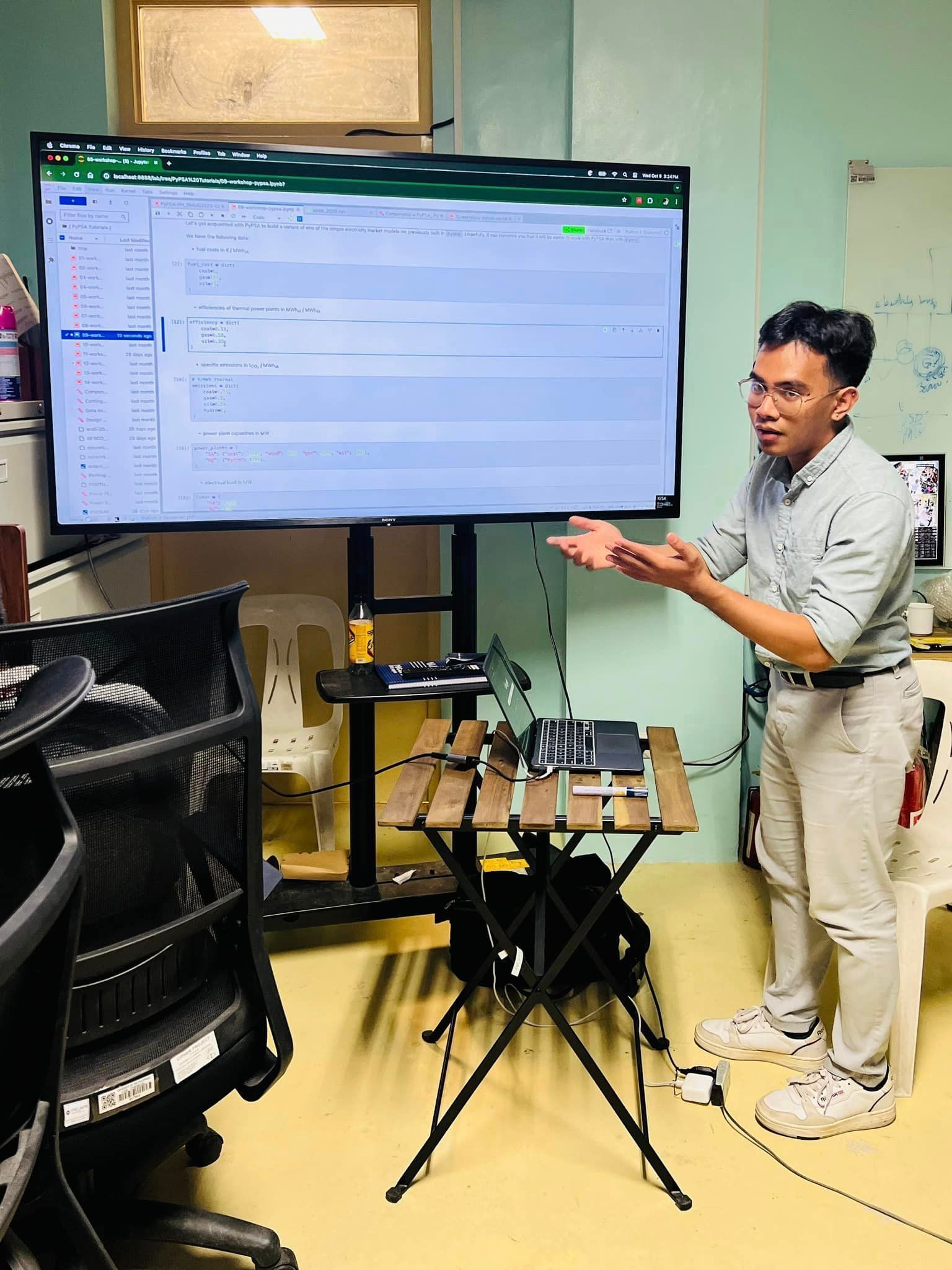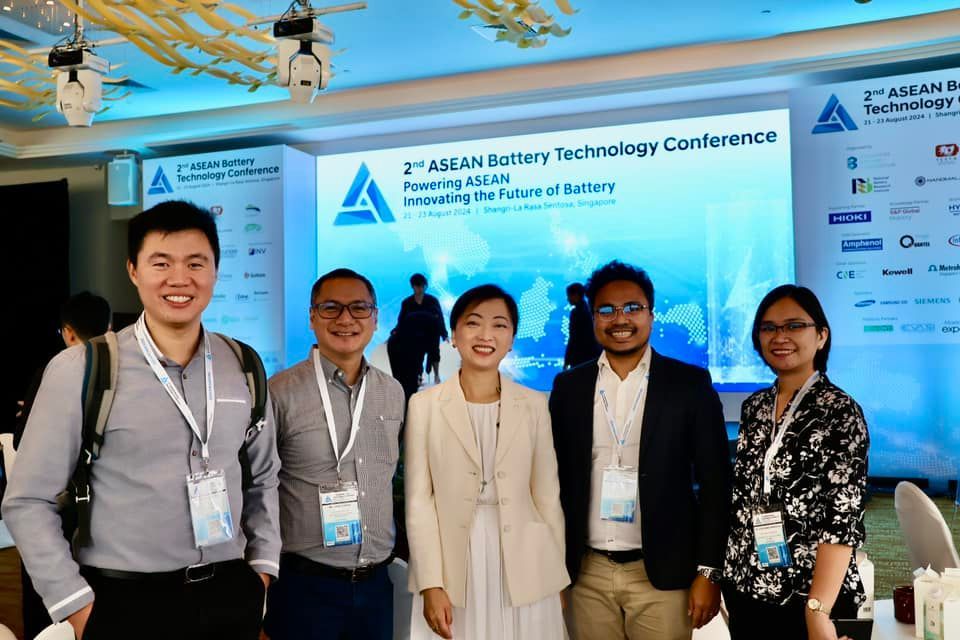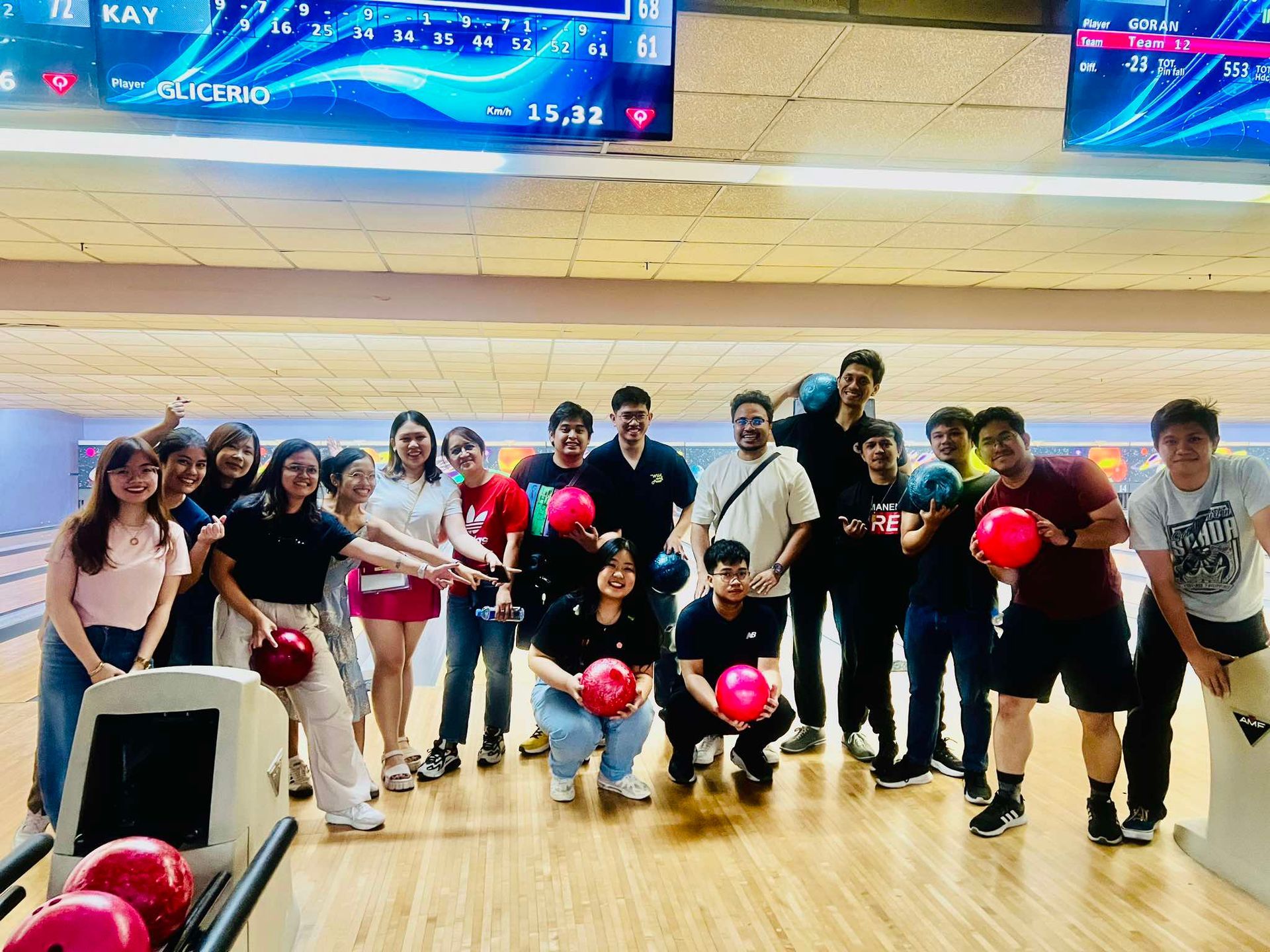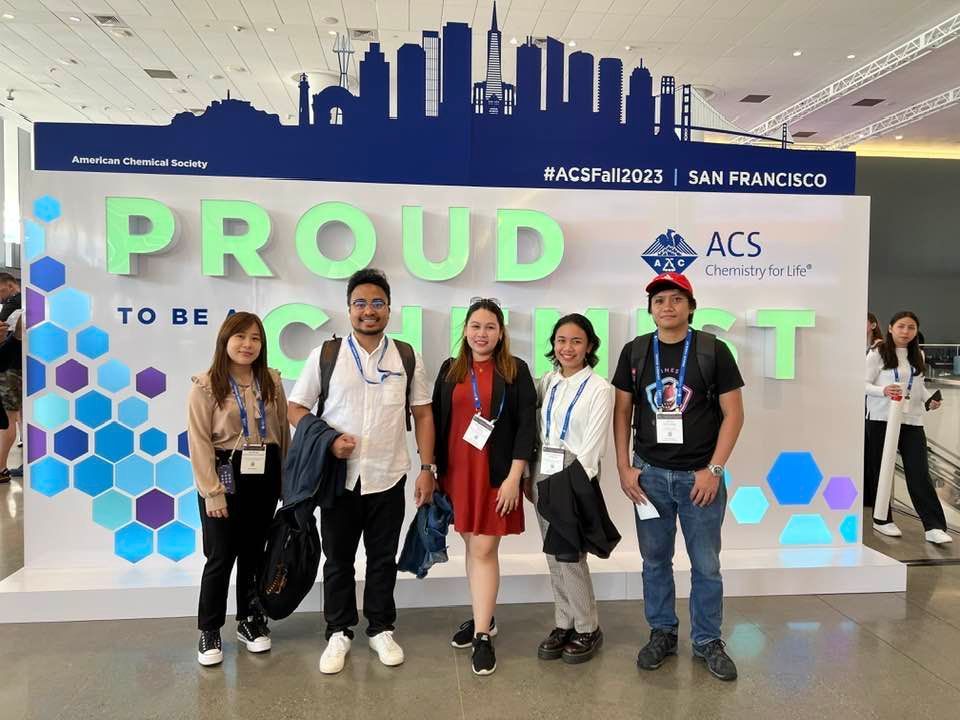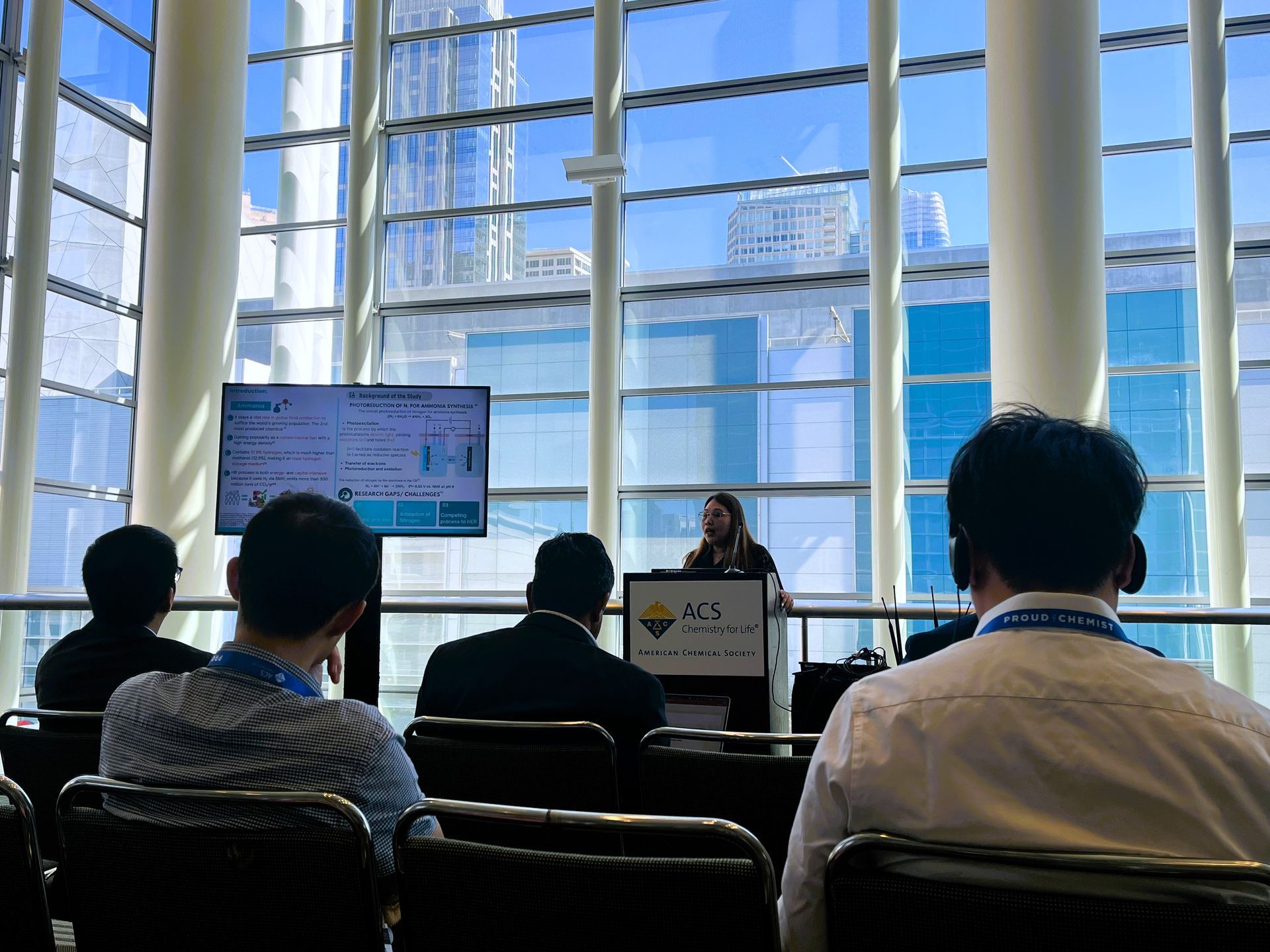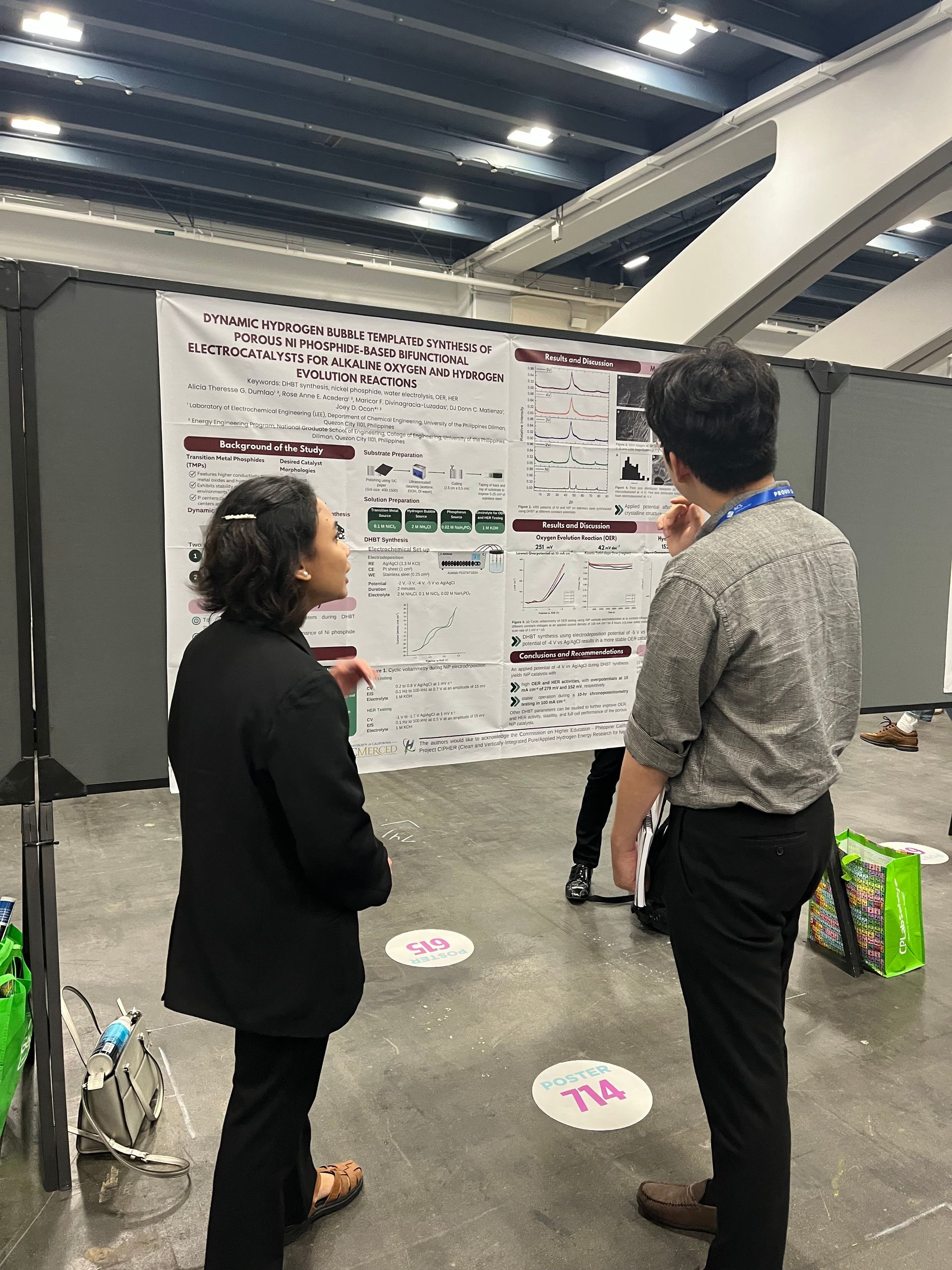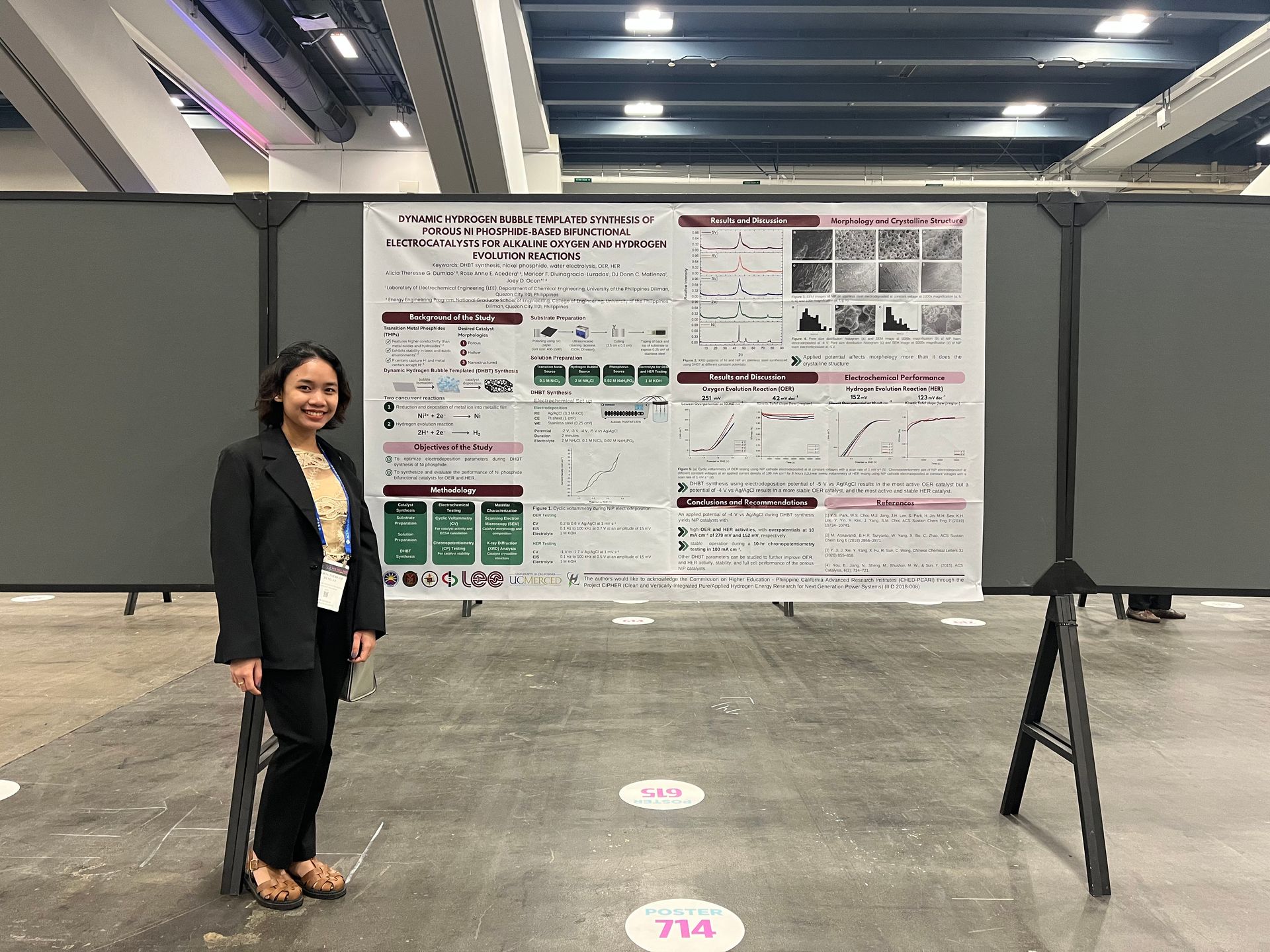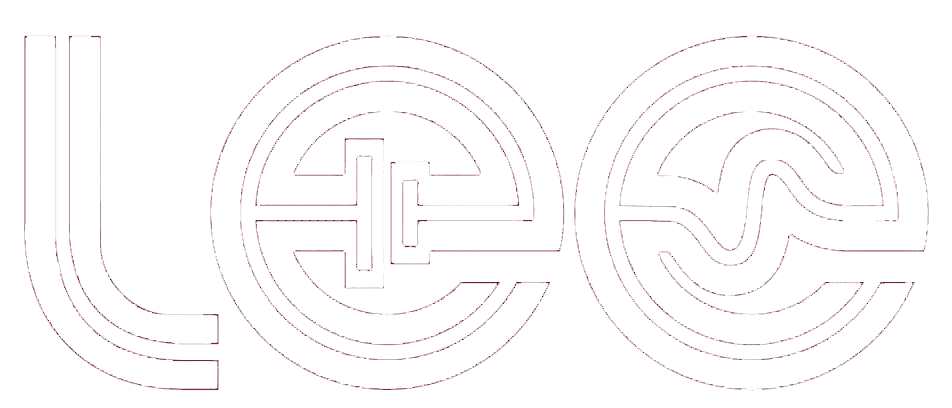LEE members attend the ACS Fall 2023
Research Fellows Glennise Faye C. Mejica, Alicia Theresse Dumlao, and Arvin Escultero presented their ongoing research in the oral and poster sessions. Their topics include the development and characterization of photoelectrocatalysts and electrocatalysts for various applications such as ammonia synthesis and water electrolysis, and simulation for the sizing of fuel cell and lithium-ion battery hybrid power systems. This experience enhances their credibility within the scientific community and invites constructive feedback and new insights and perspectives, further enriching their understanding of their respective research for Project CIPHER.
ACS meetings are valuable opportunities for researchers and professionals to exchange ideas, collaborate on projects, learn about new techniques and methodologies, and stay updated on the latest breakthroughs in the field. They also provide a platform for fostering connections within the global chemistry community, from academia to industry and beyond.
- Article by Engr. Glennise Mejica, MEngg
